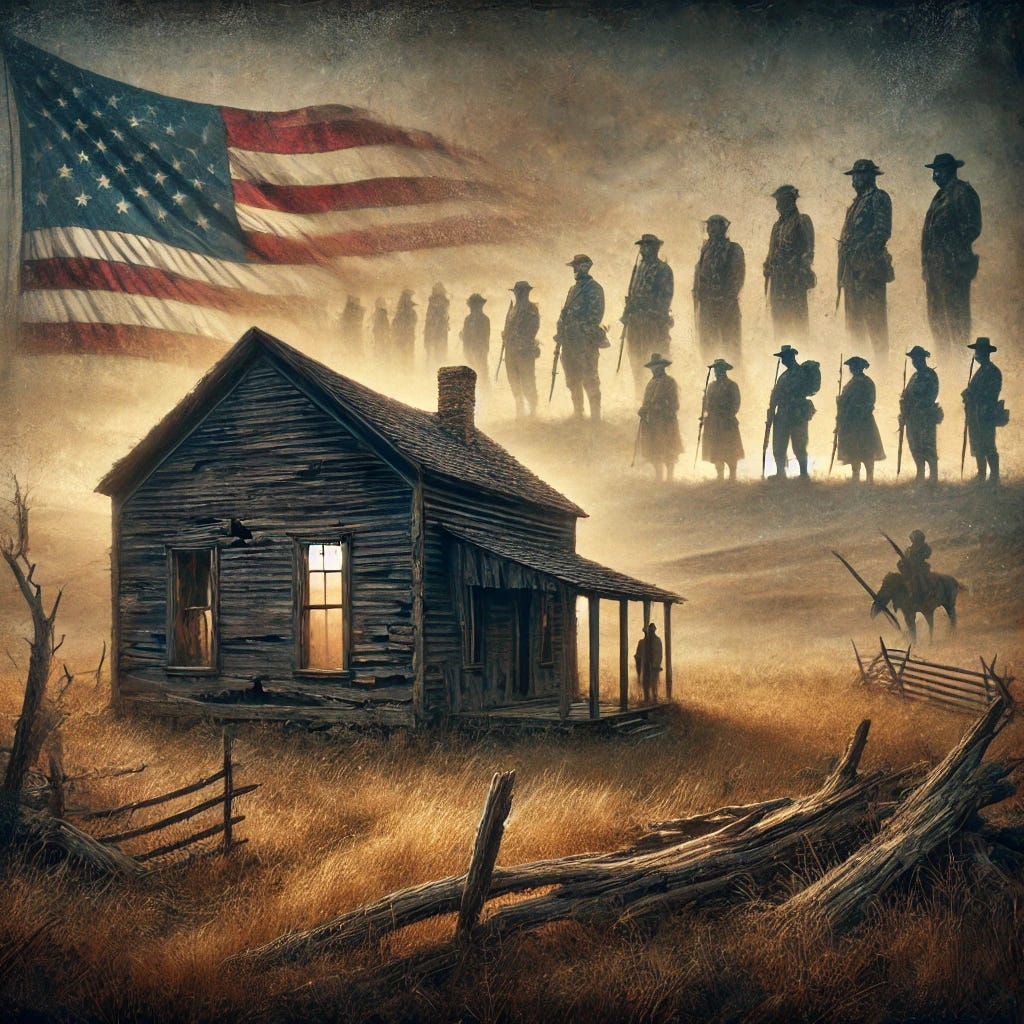“I know that everything essential and great originated from the fact that the human being had a homeland and was rooted in tradition.”
- Martin Heidegger
A Homeland is born from the depth of one's roots, the sacrifices made, and the shared memory of a nation's journey.
My family has been in America since before it was America. My mother’s family arrived i…





